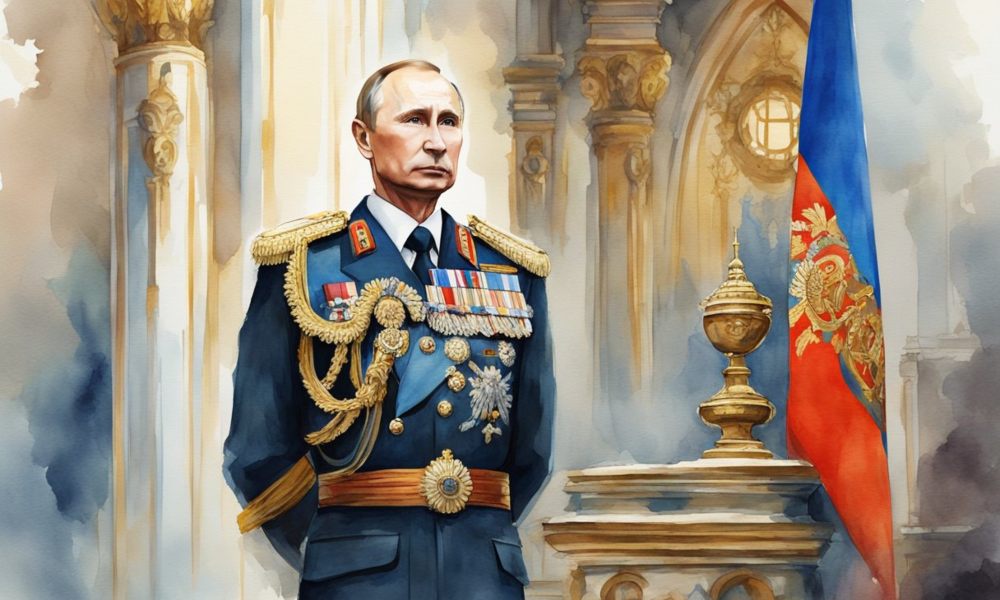British Prime Minister Rishi Sunak has proposed bringing back national service to train young people and boost the military’s reserve forces.
Key points:
- Sunak says national service will help prepare for a more dangerous world.
- The plan would require all young people to undergo military training
- It’s a controversial policy that some support and others criticize
- The proposal is a major focus in the current UK general election
Will this policy appeal to voters or push them away? Read on to learn more.
What is National Service?
National service means requiring all young people, both male and female, to undergo a period of military training and public service.
The UK previously had national service from 1939 to 1960, when all men were drafted to serve in the armed forces for 1-2 years. Some other countries, like Norway and Sweden, still have similar programs today.
Under Sunak’s proposal, all British youth would receive basic military training and then either:
- Serve a period of full-time duty in the Armed Forces reserves
- Or perform a civic/community service role
Why National Service Preparing for Threats?
Supporters like former Conservative leader William Hague argue national service is needed to deal with growing global threats and insecurity. In their view, the world has become more dangerous than at any point since the Cold War ended in 1991.
They say Britain would be better prepared to handle future conflicts or crises with a much larger reserve force of trained citizens. Bringing young people together from all backgrounds could also have societal benefits.
However, critics question whether reviving an outdated policy is the best solution. Some have left the Conservative party over the issue, calling the plan incoherent.
A Stark Divide in the UK Election
The national service proposal has quickly become one of the biggest dividing lines in the UK’s general election campaign between Sunak’s Conservatives and Keir Starmer’s Labour Party.
While Sunak defends it as crucial for national security, Starmer’s Labour has yet to match it with equally bold policies. This allows Labour to argue the Tories are out of touch by prioritizing an unpopular idea over more pressing issues.
With polls showing a generation gap in voting intentions, the national service debate taps into whether the parties should beus too mucmoree older voters versus inspiring young people.
Other Controversies and Divisions
The Tories have also pledged a tax cut for pensioners, again heightening the impression they are disproportionately courting the grey vote of retirees.
Meanwhile, Labour has highlighted new business endorsements, aiming to persuade entrepreneurs and companies that the party is economy-friendly. But some still want clearer financial plans.
Additionally, the roles of smaller parties like Nigel Farage’s Reform UK, with its hardline stance on immigration, remain unpredictable factors.
Looking Ahead
With about a month until election day, Labour and Conservatives face pressure to offer more substance and specific policy details beyond the national service controversy.
Key issues like the cost of living, public services, and long-term economic plans will likely grow in prominence, too. However, the national service divide shows how starkly security views can split the UK electorate.
Only time will tell if Sunak’s back to basics approach resonates with voters feeling anxious about future threats. Or whether Labour’s more cautious campaign positioning better captures the public mood.
What do you think about Sunak’s national service proposal? Is it a good idea? Leave a comment below!
















